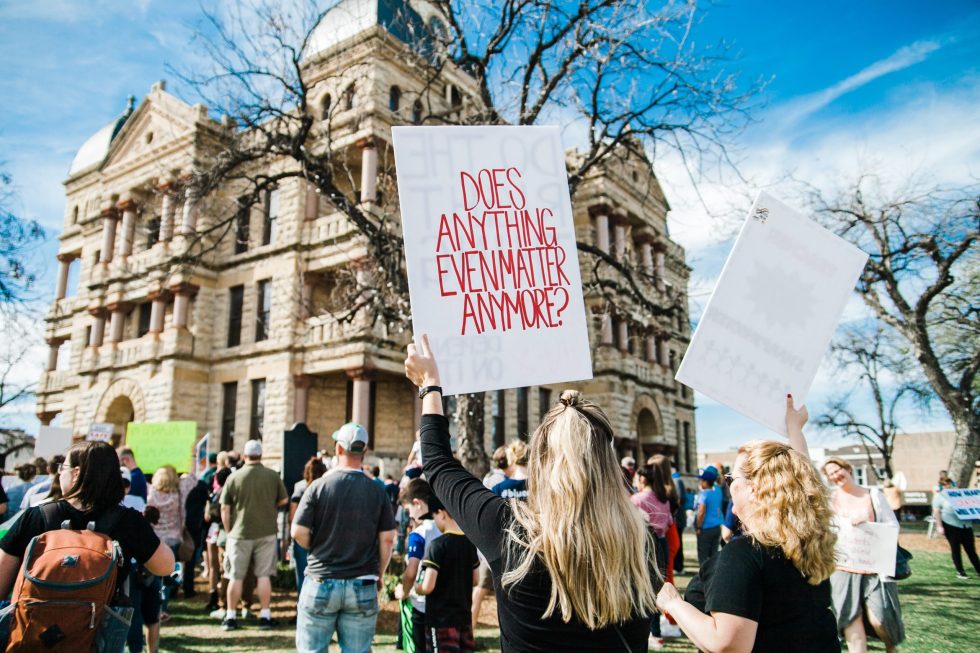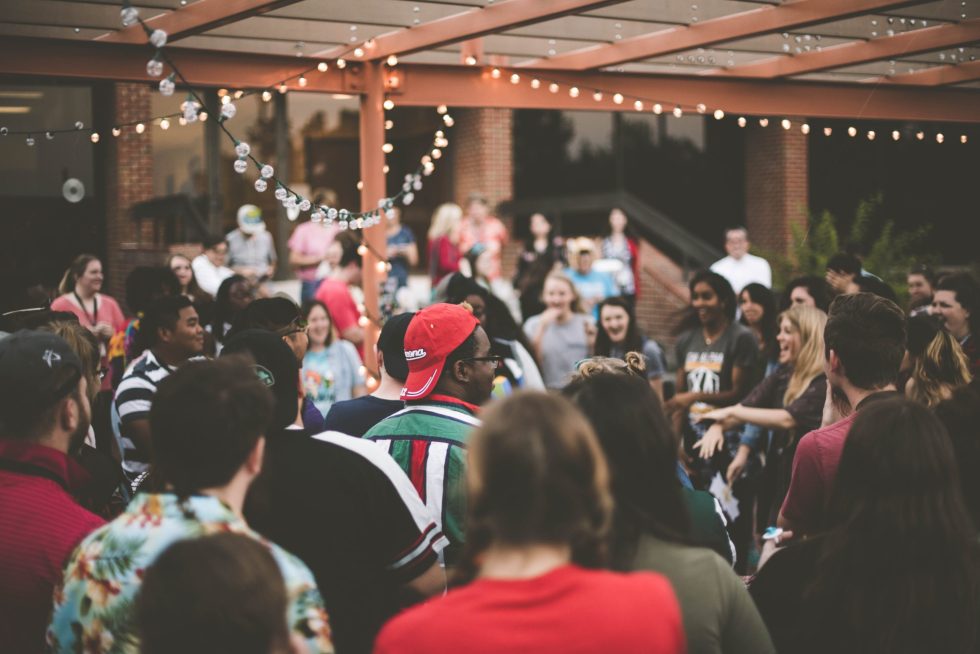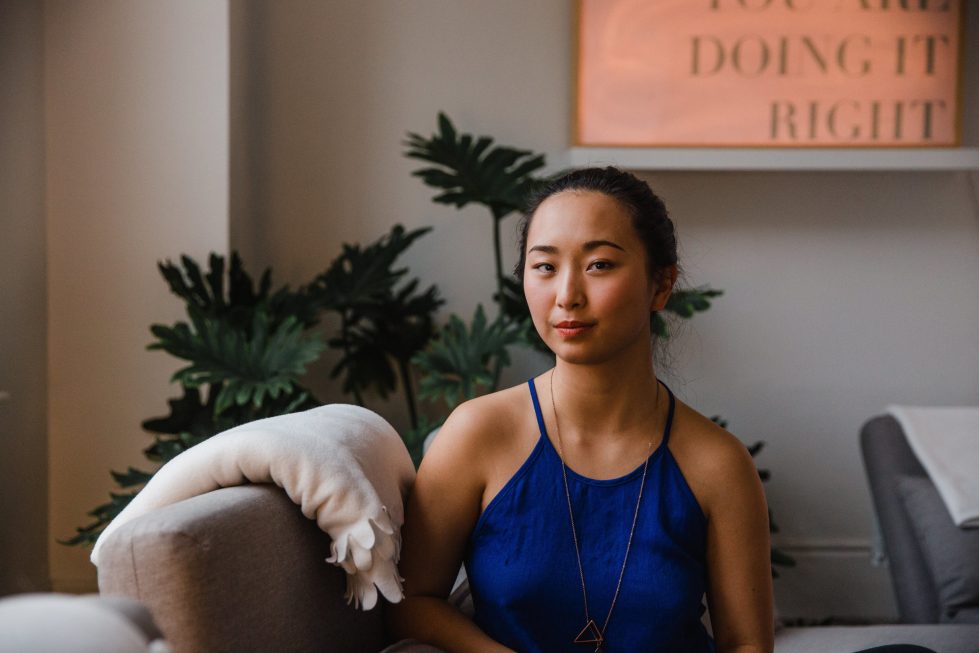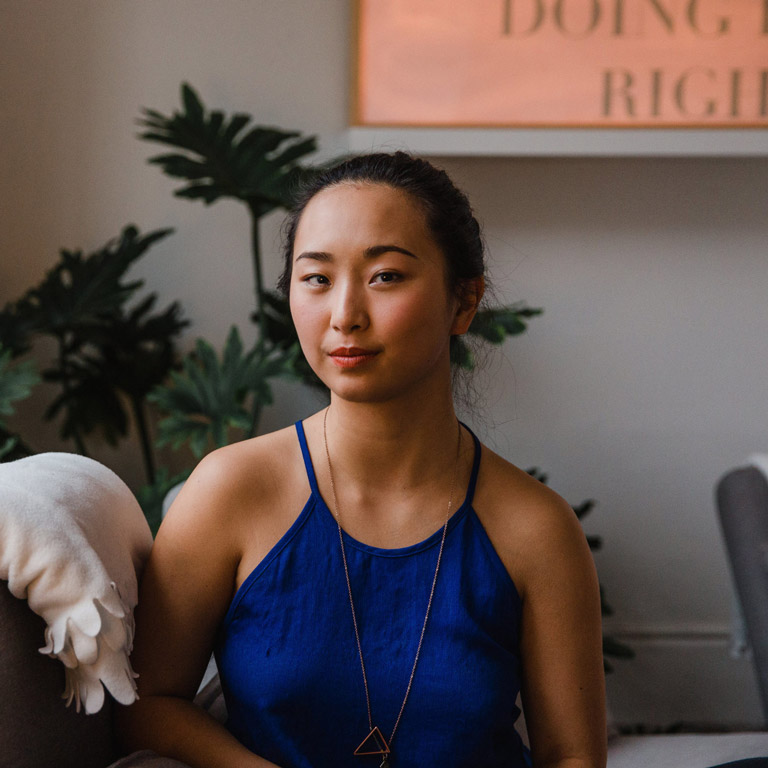Photos sourced from Unsplash
By Ji-Youn Kim
@itsjiyounkim
I’ve described my experience of social justice work as a fish drowning in water: recognizing that white supremacist, colonial, cis-hetero-patriarchy is absolutely everywhere around me, and I cannot escape.
It’s exhausting to try to get people to care about humanity and understand why they should care about the systemic violence in the world. I often feel helpless in our society’s preference for fear-driven violence over empathy and the desire to understand. So, as an attempt to move through this helplessness, I get angry. I get really fucking angry.
My anger is not for nothing. I am angry because I care. My loving anger is a powerful force. What a gift it is to not only recognize my own individual needs but also those of others. What a gift it is to be able to see how interconnected we all are; how we are all shaped by the system and how we all contribute to shaping the system. What a gift it is to be able to feel so deeply. And with this expansive love and ability to feel comes pain.
For many years, my emotions felt too big. My rage felt overwhelming. My grief felt bigger than my body. And without a place to direct these feelings, I have been stuck blaming and resenting the system and anyone who I judged as being complacent.
In this place, I oscillated between two states: shutting down and screaming.

Some weeks, I would shut down and not do anything. I would turn my back away from the social justice world. I would tell myself, the world is not mine to fix. I can’t take it all on. I’m only one person. I need to just focus on myself. As the positivity gurus say, I can choose to see the “positive” things.
I would live this way in my ignorant bliss until it became too painful to ignore. How does one stop seeing what seems so obvious? It is exhausting to try to unsee or to see and to still ignore. In denying my own sense of sanity and humanity, and in being complacent to oppressive systems, I hurt myself through denial and others through ignorance.
So then, I would flip over to the other extreme. I would tell myself, I need to DO SOMETHING. We all need to DO SOMETHING. I would drown myself in the news of violent current events and become overwhelmed in anger. Not knowing what to do with it, I would lash out with this guilt of not doing enough. To others, I demanded, “Why don’t you know better?!” To myself, I demanded, “Why don’t you know better?!” Shame and blame. Shame and blame. Shame and blame. Once again, I hurt myself through self-oppression and I hurt others through lateral violence, which is a harmful behaviour within marginalized people that often stem from unresolved anger, pain, fear due to oppression.
I see well-intentioned activists trying to cope like this in the social justice world. We don’t know what to do with these feelings, especially anger. We don’t know how to let it out in the ways that we want, because most of us haven’t seen models of anger expression that resonate with us as safe and connecting. So then that anger goes inwards to ourselves or outwards to others in the forms of shaming, blaming, minimizing, and dismissing. And for myself, acting this way does not create the type of world that I desire.
So what would it look like to heal ourselves while healing the world? What would it be like to feel and express our emotions fully, without judgement, in ways that involve consent, choice and regulation? How would we carry ourselves differently? How would we listen and educate differently? How would we navigate our activism differently?
As feminists and changemakers, we need to learn to honour and process our rage. We can learn how to sit in our grief, sadness, helplessness, and pain and not get lost in it. We can learn to hold each other and ourselves in compassion and empathy. And when we truly begin to face our pain, we can prevent ourselves from engaging in oppression olympics, lateral violence and other attempts of activism that contribute to further harm.
Healing communities are composed of healing individuals. Yes, there are systemic barriers in accessing mental health resources and professional support. And at the same time, we are not helpless. We cannot control everything, but we do have a choice in some things. Systemic barriers exist AND we can still choose to heal in the ways that are accessible to us individually.

I have been in the place where I tried to fight without healing my own hurts. I educated myself on violent current events and advocated for further awareness while enduring panic attacks and dismissing my need for rest. While overexerting myself, I lashed out at others for not doing the same. It was exhausting. I burned out. I hurt myself and others while trying to help. So in my attempt to be both self-loving and effective in my activism, I realized the importance of integrating counselling psychology with social justice. As verbalized by Nic and Lala of the Seen Podcast, personal healing and collective liberation work are so intertwined and it’s tough to do one without the other.
If this resonates for you, here are some questions to reflect on, perhaps as an inspiration for moving into 2020:
- What might it look like to bring healing work into my activism?
- What do I need to let myself fully feel my feelings?
- Given the current realities of the world, how can I create spaces where I can allow myself to feel safe and belonging?
Ji-Youn Kim and Cicely Blain will be co-facilitating their 5th Processing Rage: A Seminar for Emotional Feminists in April 2020. Click here to sign up for event updates. To learn more about individual support, click here.

Ji-Youn Kim is a Coach, Counsellor, and Facilitator who integrates a trauma-informed, anti-oppressive lens to all of her work. Along with her private practices, Ji-Youn co-facilitates feminist events for changemakers who want to build healthier relationships with their loving anger. She is currently completing her counselling training and is in progress for the designation of a Registered Professional Counsellor with the Canadian Professional Counsellors Association.




